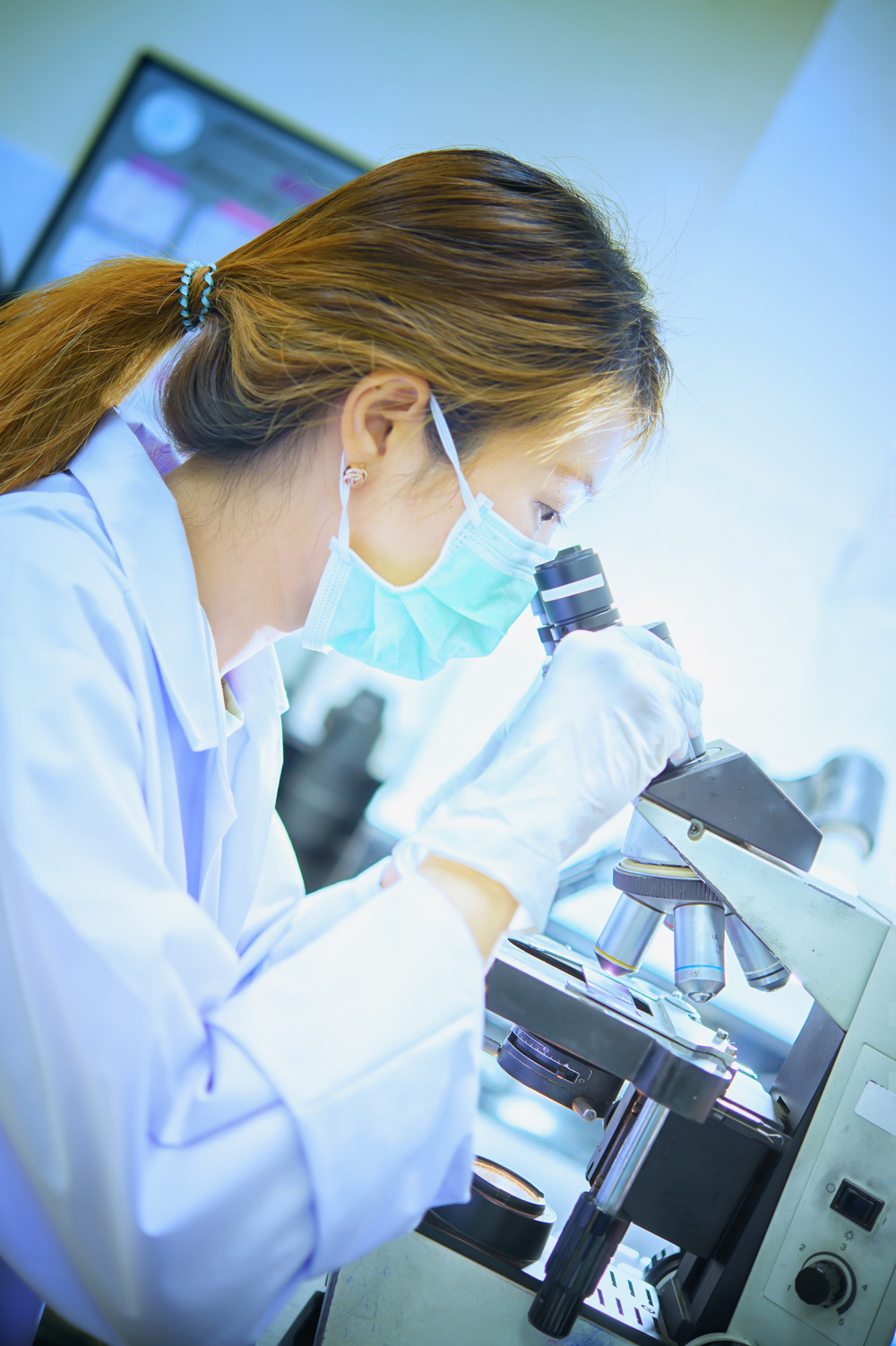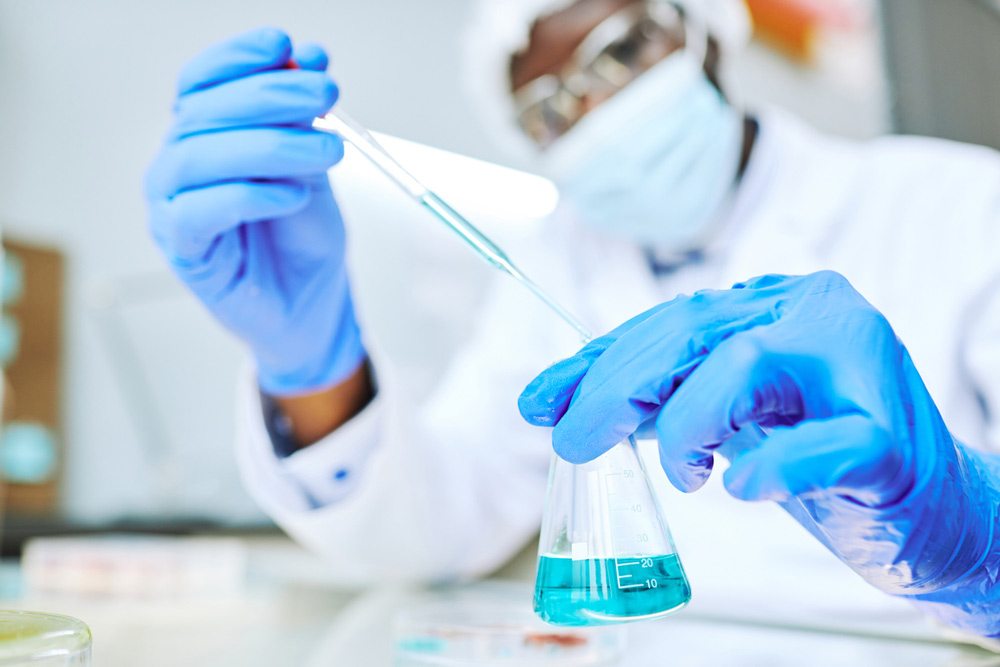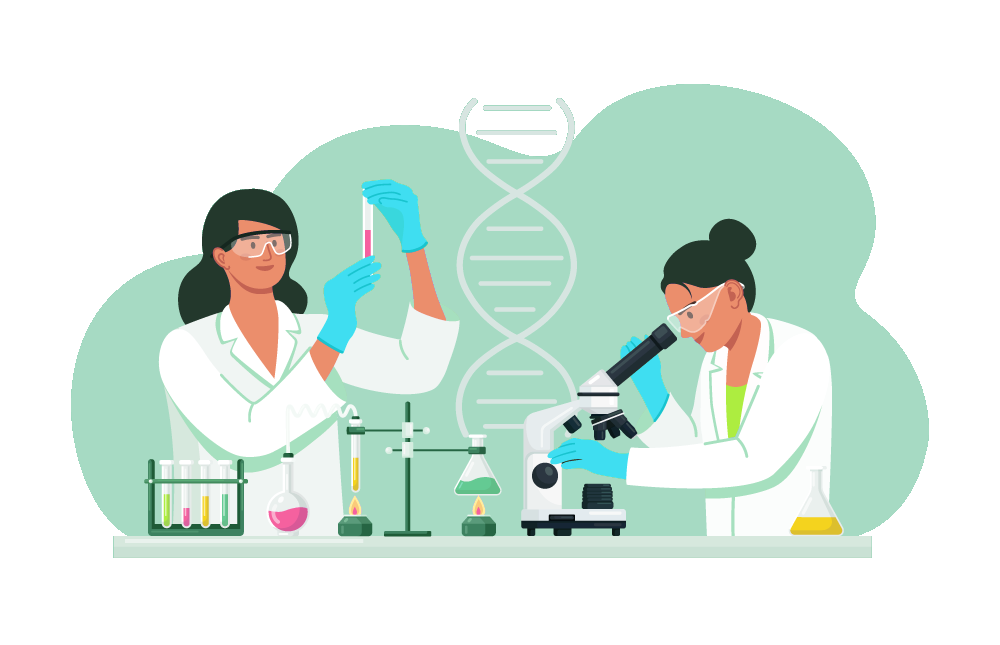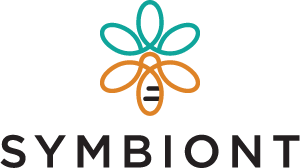At Symbiont Bio, our mission is to pioneer innovative solutions for aging and age-related dysfunction, with a special focus on mitochondria, recognized as evolutionary symbionts and central to the aging process.
Symbiont Bio is a spin-out from the globally renowned Buck Institute for Research on Aging, the pioneer in independent research solely dedicated to advancing our understanding of aging and age-related diseases. Our co-founders, eminent scientists and researchers, bring together a cumulative experience spanning over 60 years at the forefront of aging and age-related disease research.

Buck Institute for Research on Aging
Novato’s Buck Institute is the largest independent scientific institute in the Bay Area. The Buck aims to end the threat of age-related diseases for this and future generations by bringing together the most capable and passionate scientists from a broad range of disciplines to identify and impede the ways in which we age. Its goal is to increase human healthspan, or the healthy years of life. Globally recognized as the pioneer and leader in efforts to target aging, the number one risk factor for serious diseases including Alzheimer’s, Parkinson’s, cancer, macular degeneration, heart disease, and diabetes, the Buck wants to help people live better longer.
The Mitochondria
Powerhouse to Cells
Powerhouse to Cells
Innovative small molecule drug discovery for targeting aging and age-related diseases.
We have discovered a series of potent molecules that extend lifespan and enhance mitochondrial health by inducing mitophagy. These compounds may have a significant role on disease and aging.
Mitochondria, known as the cell’s ‘powerhouse,’ produce ATP through cellular respiration, serving as the cell’s energy source. They also regulate metabolism, generate reactive oxygen species, and play roles in various cellular processes. Additionally, mitochondrial dysfunction is central to aging and age-related diseases, as it can lead to cellular energy deficits and contribute to the development of age-related health conditions.
Mitochondrial dysfunction
refers to any condition that disrupts the normal function of mitochondria. Various factors, including genetic mutations, environmental toxins, infections, and age-related changes, can cause mitochondrial dysfunction. Some common symptoms of mitochondrial dysfunction include muscle weakness, fatigue, cognitive impairment, and neurological disorders such as Parkinson’s and Alzheimer’s disease.
Mitochondrial dysfunction can also contribute to a wide range of other health conditions, including diabetes, cardiovascular disease, and cancer. Treatment options for mitochondrial dysfunction depend on the underlying cause of the condition and may include lifestyle changes, dietary modifications, medications, and other therapies.


Mitophagy
is a cellular process that selectively removes damaged mitochondria. It prevents the buildup of toxic molecules and contributes to cellular health. Dysfunctional mitophagy is associated with diseases like neurodegenerative disorders, cancer, and metabolic disorders.
Industry Founders
We are a team of industry experts and leading scientists working at the forefront of aging biology.
Wolfgang Daum, PhD
Chairman of the Board


Wolfgang Daum, PhD - Chairman of the Board
Wolfgang is Managing Partner of Carlyle Global Advisors after a successful career as serial entrepreneur in healthcare. He has developed a network of relationships with accomplished family offices in both the United States and internationally that share a passion for impact Investing and philanthropy in the life sciences and whom he advises from time to time in healthcare related investments. He has successfully helped build and exited from several life science companies to-date principally in the areas of neurological disease, cardiovascular disease and oncology related innovation. Wolfgang holds a M.S. in Physics from University of Gӧttingen and a PhD from Technical University Hamburg-Harburg, both in Germany. Wolfgang is also an active angel investor with Keiretsu in Palo Alto, CA.
Federico Goodsaid, PhD
Pharmaceutical Executive


Federico Goodsaid, PhD - Pharmaceutical Executive
Federico Goodsaid, PhD, is a regulatory strategy consultant at Regulatory Pathfinders and Ariana Data Intelligence. As Principal Consultant at Regulatory Pathfinders LLC, he focuses on regulatory strategy and pathways required for precision medicine therapeutic and diagnostic products. At Ariana, the SVP of Regulatory Affairs is responsible for translating patient selection and surrogate biomarkers into successful regulatory submissions for therapeutic and diagnostic products. He was CEO of MBQ Pharma (2018-2022), a biotech company licensing IP developed at the University of Puerto Rico. He led MBQ Pharma to FDA acceptance in 2022 of the IND for the Phase 1 study of MBQ-167 in advanced metastatic breast cancer. Prior to this appointment, he was the Senior Vice President for Product Development and Regulatory Affairs at TOMA Biosciences (2015-2017), where he worked on the preclinical and clinical development and regulatory submissions for a 130-gene targeted NGS oncology panel. His previous work at Vertex (2011-2015) focused on therapeutic product submissions in cystic fibrosis which led to the first in-vitro surrogate label expansion for Kalydeco. He was previously Associate Director for Operations in Genomics and Biomarker Qualification Coordinator at the Office of Clinical Pharmacology/Office of Translational Sciences/ Center for Drug Evaluation and Research/ U.S. FDA (2004-2011), working on the regulatory application and development of genomics and biomarkers. Before joining the FDA, he served as Head of the Molecular Toxicology Group at the Schering-Plough Research Institute (2000-2004), Senior Staff Scientist at Applied Biosystems (1996-2000), where he developed the original TaqMan and SYBR qPCR reagents, Manager of TPD Consumables at Abbott Diagnostics (1992-1996), for the development and launch of the AxSYM Instrument, and at Pacific Biotech (1990-1992), where he worked on the development of the first commercially successful one-step immunodiagnostic pregnancy test. Following his Ph.D. from Yale University in Molecular Biophysics and Biochemistry, he was trained as a Muscular Dystrophy Association Postdoctoral Fellow at Cornell University in Ithaca and at Washington University in St. Louis.
Krinx Kong
COO


Krinx Kong, COO
For the past 26 years, Krinx has been delivering results with leadership roles in commercial healthcare operations, business development and sales primarily in the areas of cardiovascular disease, oncology and clinical wellness. From being a sales manager/influencer for a mid-size pharma company KOS (acquired by Abbot for $1.5B), advising the C-Suite of hospital CEOs on sales strategy for the largest private hospital organization in the US (HCA) and to building the clinical sales/operations department from the ground up at Boston Heart (acquired by Eurofins for $200M+), where he worked together with CEO, Wolfgang Daum, he has made an impact on organizations at all levels. Krinx grew up in Dallas, TX and attended the University of Texas in Austin where he received his BBA in Marketing from the McCombs School of Business.
Academic Founders
Julie Anderson, PhD
Professor at the Buck


Julie Anderson, PhD - Professor at the Buck
Gordon Lithgow, PhD
Professor at the Buck


Gordon Lithgow, PhD - Professor at the Buck
Dr. Lithgow received his PhD from the University of Glasgow and obtained further training at Ciba Geigy AG in Basel, Switzerland, and at the University of Colorado. He established his lab studying the biology of aging at the University of Manchester, England, before moving it to the Buck Institute in 2000. Dr. Lithgow has been recognized for his research with a Glenn Award for Research in Biological Mechanisms of Aging, a senior scholarship from the Ellison Medical Foundation, and the Tenovus Award for Biomedical Research. He has served on many national advisory panels in both the United Kingdom and the United States, including the National Institute on Aging’s Board of Scientific Councilors, and has served as the chair of biological sciences at the Gerontology Society of America. Dr. Lithgow has partnered with a series of biotechnology companies in sponsored research agreements and has strong collaborations in preclinical aging research on diseases such as osteoporosis and Parkinson’s disease.
Manish Chamoli, PhD
Research Scientist at the Buck


Manish Chamoli, PhD - Research Scientist at the Buck

We identified novel compounds that are strong Mitophagy Inducing Compounds (MIC)
These compounds may have a significant role on disease and aging.
